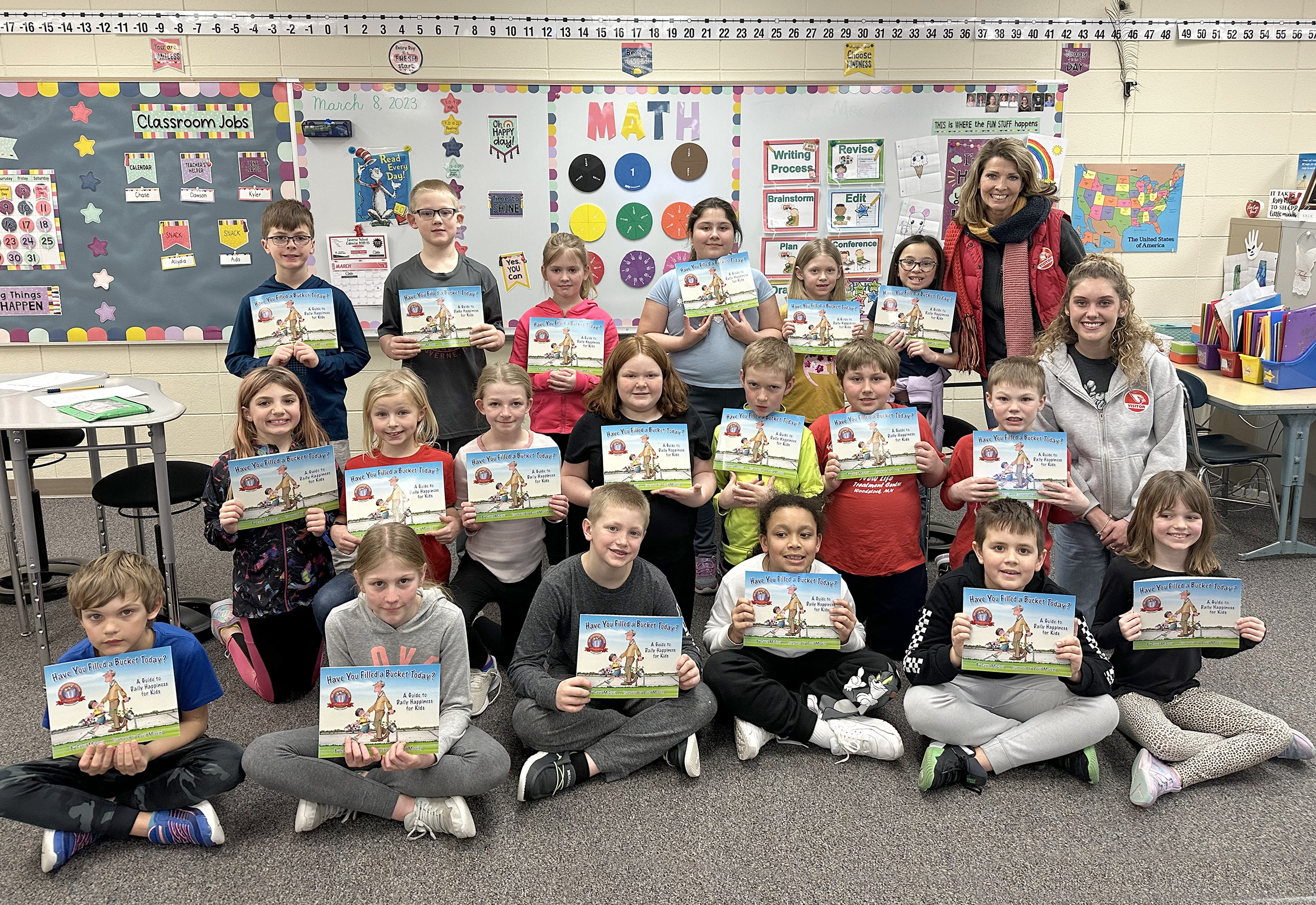 ,
, 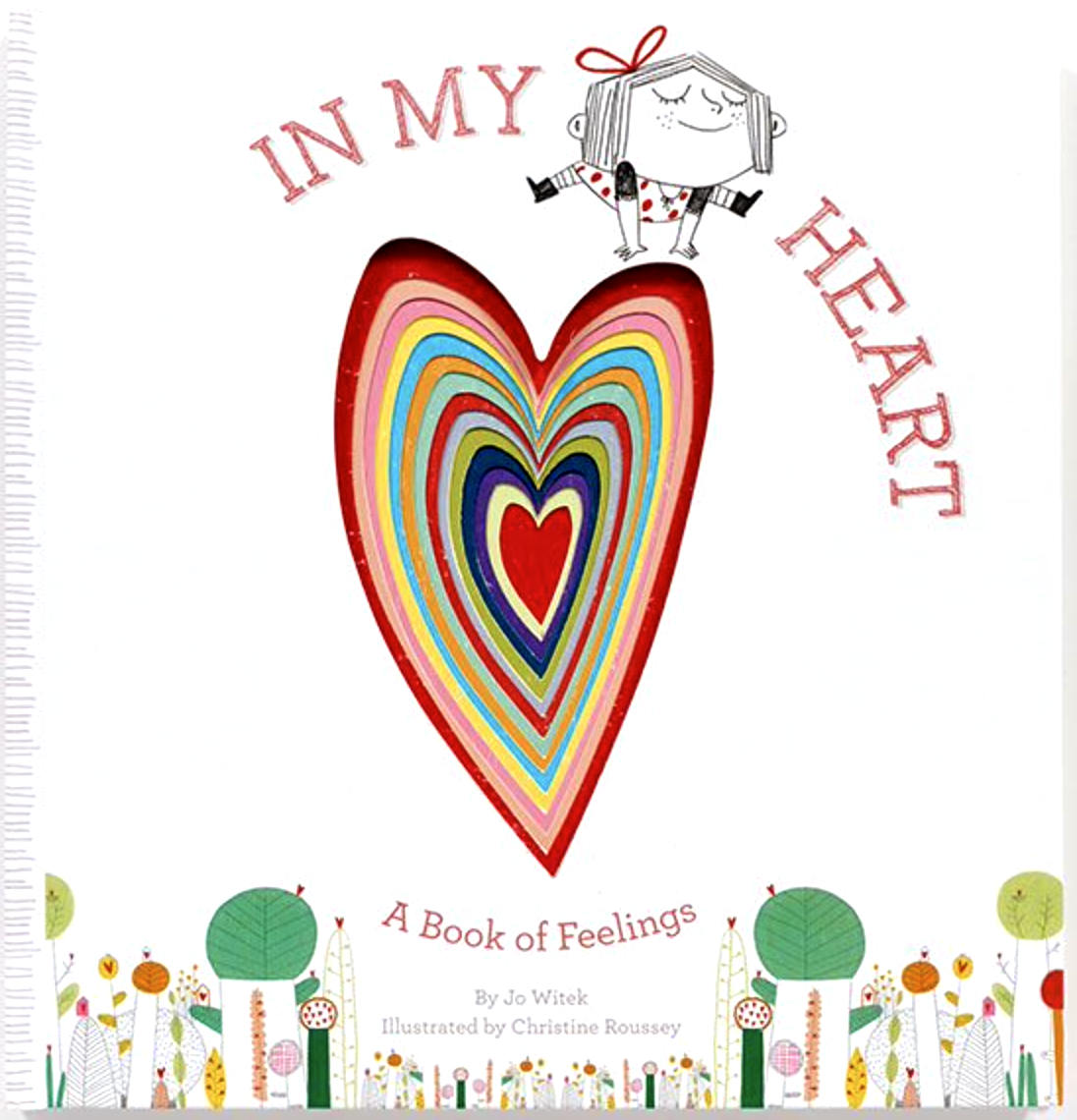 ,
, 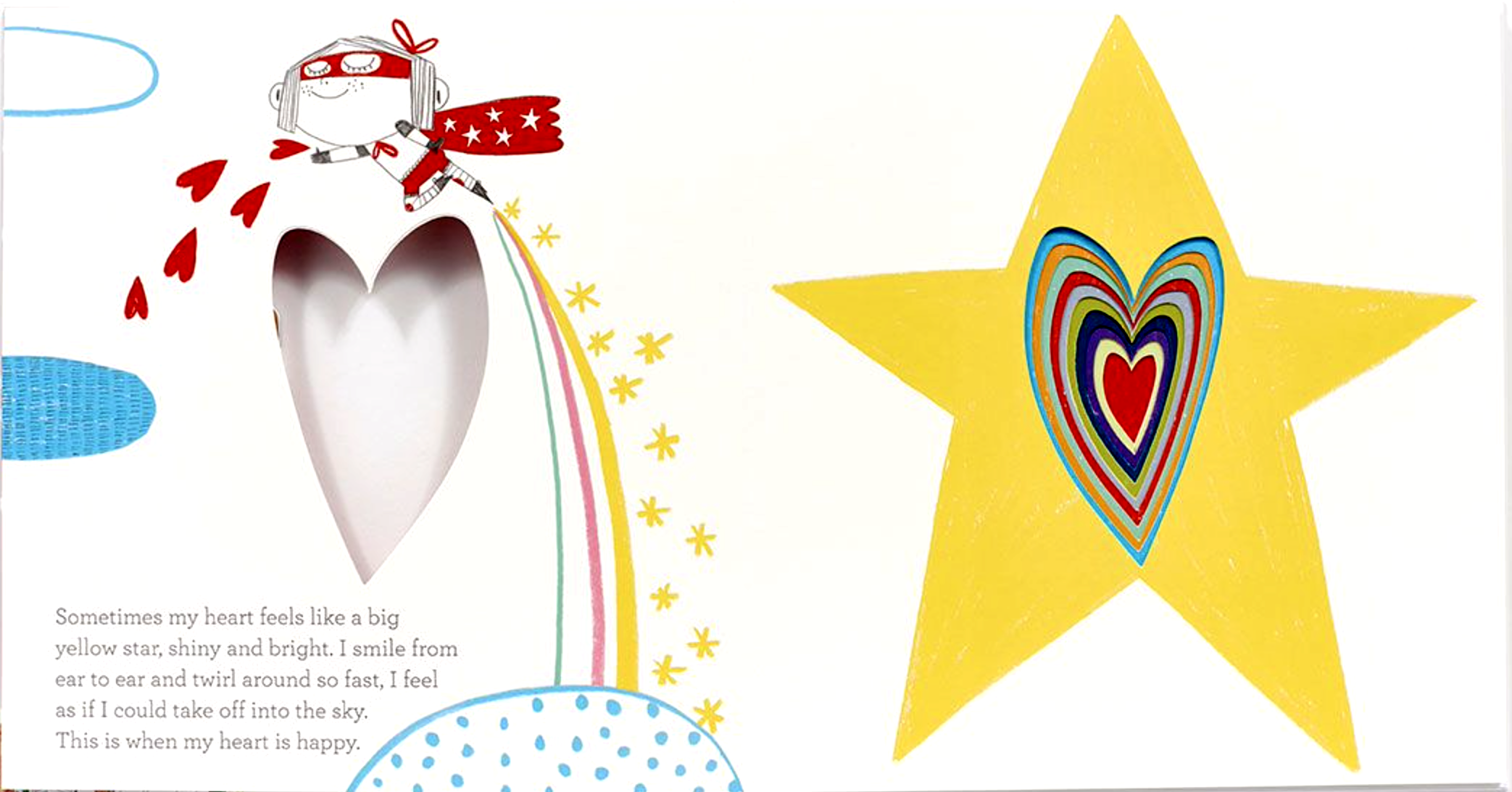 ,
, 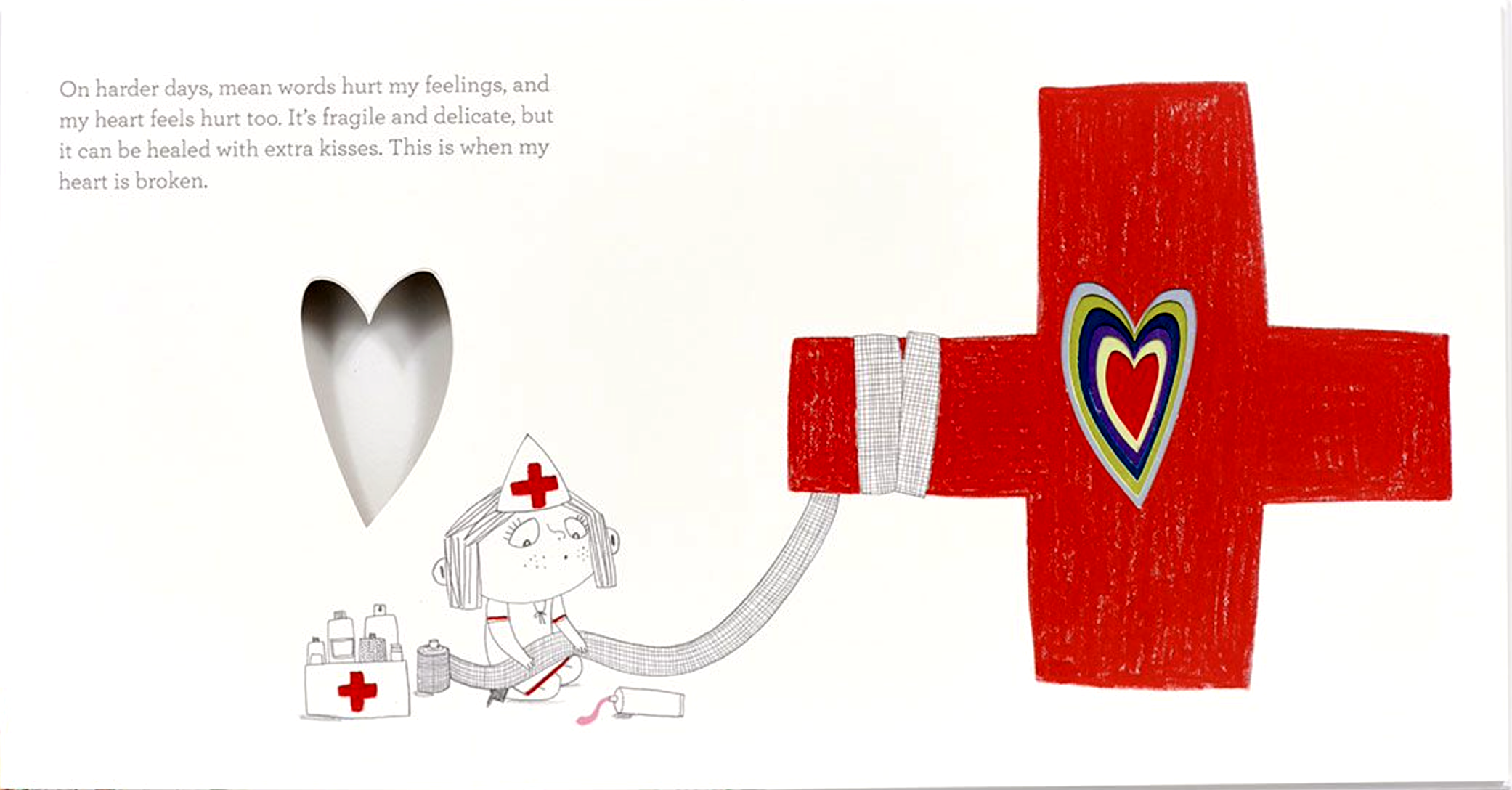 ,
, 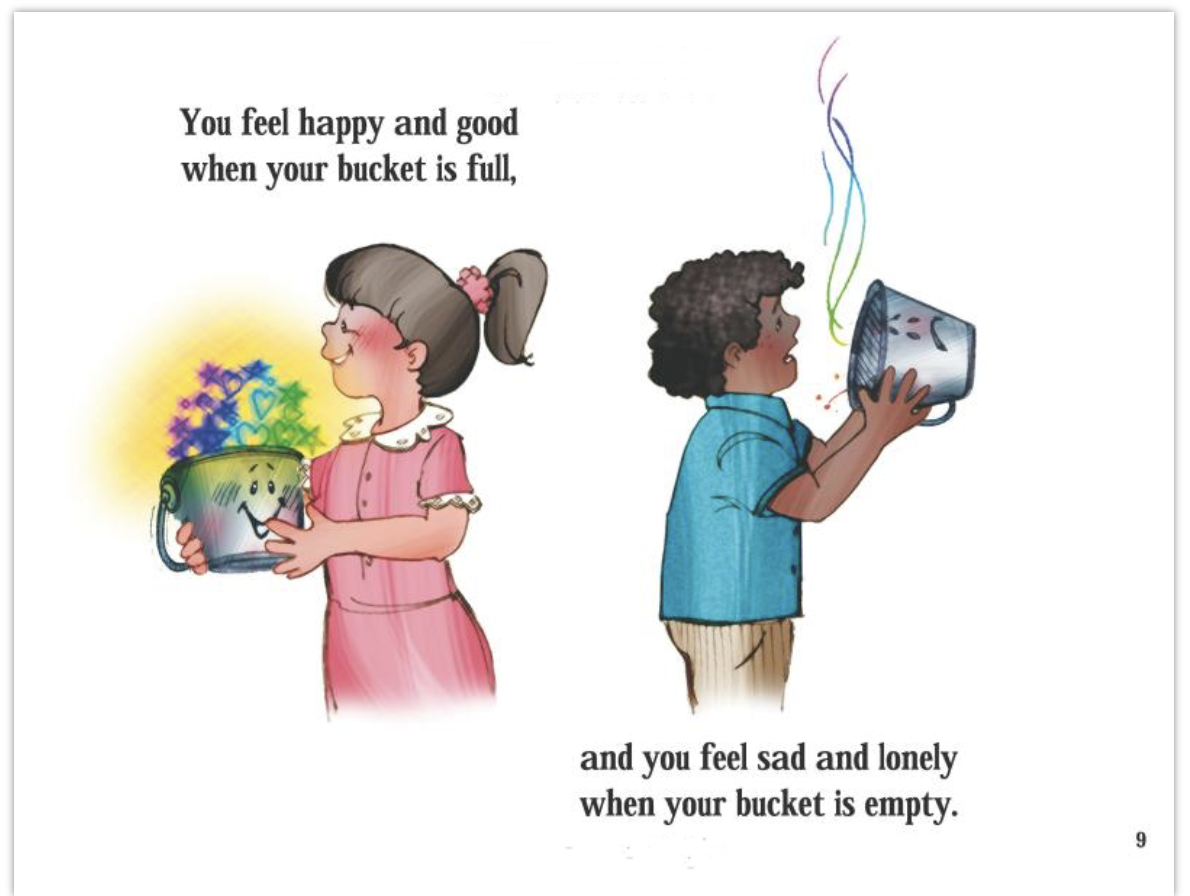 ,
, 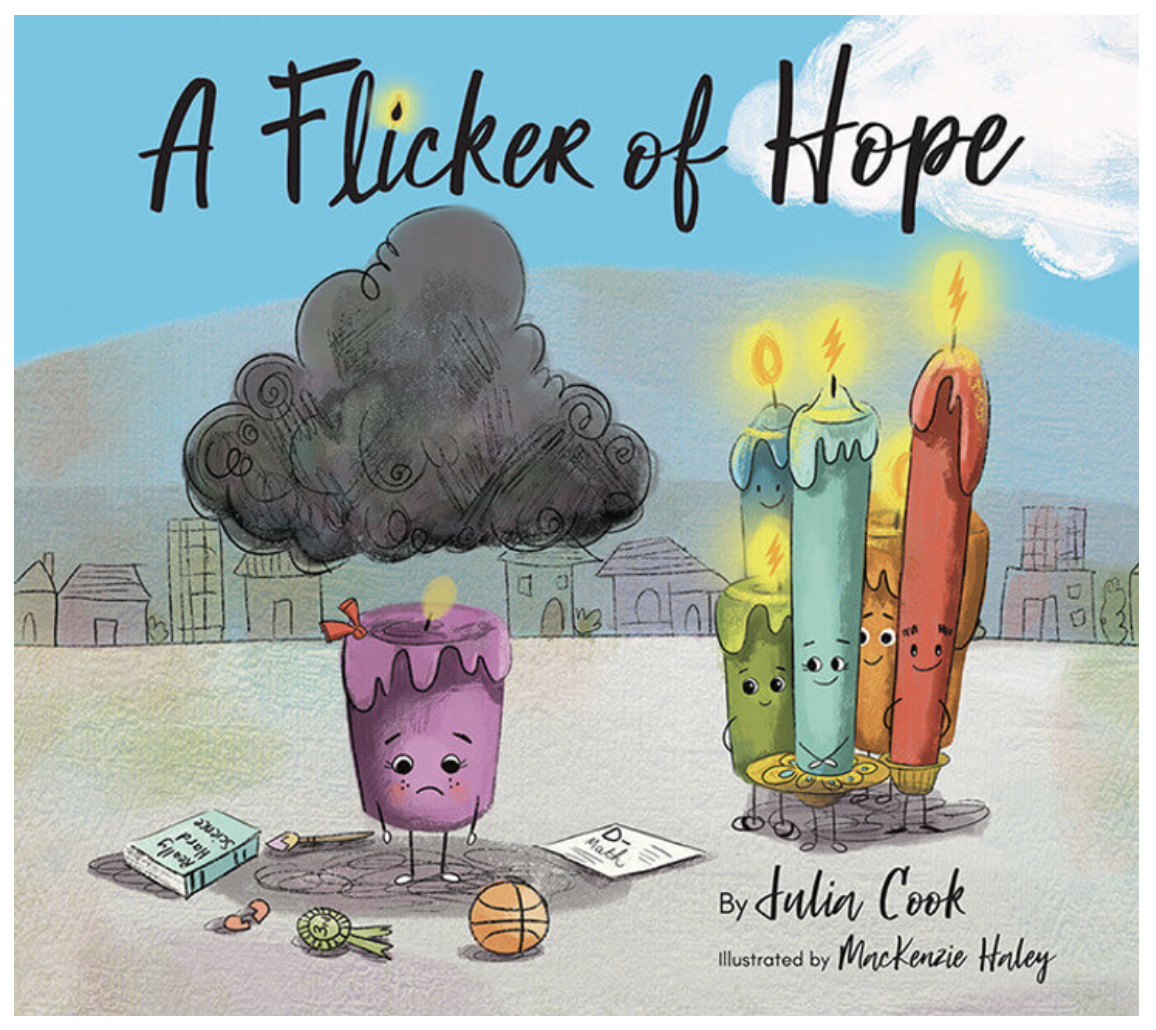 ,
,  ,
, 
Luverne Elementary School students are learning about brain health and emotional wellness with help from a series of children’s books.
Kindergarten- through second-grade students are reading, “In My Heart, A Book of Feelings” by Jo Witek.
It explores how emotions — happiness, sadness, bravery, anger, shyness — make us feel physically, inside, with language that empowers little readers to practice articulating and identifying their own emotions.
Third-graders received “Have You Filled a Bucket Today?” by Carol McCloud, which teaches young readers about the power of positive thinking and behavior.
The message is that showing kindness and appreciation of others goes a long way to making this world a happier place for everyone, including ourselves.
Fourth- and fifth-graders received the book, “A Flicker of Hope,” by Julia Cook, which emphasizes different ways to ask for help, and how to build hope for others.
It’s about a little candle that feels overwhelmed by dark clouds that get heavy and make her feel like giving up.
“Bad grades, being teased by classmates and wondering who her real friends are – makes it so all she can see is darkness,” the book description reads. “But, as Little Candle is reminded she has purpose and her own unique gifts, her dim light begins to shine brighter.”
In terms of resilience and wellbeing, hope is a critically important predictor of success, and “Flicker of Hope” reminds children that dark clouds can be temporary and that asking for help is always okay.
The 550 books, costing roughly $5,000 total, were donated by Carson’s Cause, a fund set up through the Luverne Area Community Foundation in memory of 21-year-old Carson Ehde, who died last fall after struggling with brain health.
His mother, Lori Sorenson, and girlfriend, Gracie Rozeboom, worked with elementary counselor Marie Atkinson-Smeins to help guide children’s dialogue about brain health to better prepare them for selfcare and helping others in the future.
“These are great books by award-winning authors, and they do a really nice job reaching students at their level,” Atkinson-Smeins said.
“We’re grateful for the generous donation and we hope the students and their families benefit from the message.”
She read the books with students, who were able to keep the books, as part of a broader lesson on emotional wellness and brain health activities.
For example, students learned stretching and breathing exercises and made “Moody Cow Jars” to learn tools for coping with strong feelings.
Carson’s Cause will donate another $5,500 to the elementary school this fall when Climb Theatre tailors classroom performances to brain health and appropriate ways for students to talk about it and help each other.
“We dream of a day when caring for our brains is no different from treating allergies, injuries or any other physical ailment,” Sorenson shares on the Carson’s Cause website.
“We hope a new generation of kids will grow up recognizing common brain ailments, knowing how to talk about them and having access to straightforward treatment — without shame, stigma or obstacles of an inadequate health care system. Had Carson and other suicide victims of his era been equipped in this way, we wonder if their outcomes could have been different.”
More information is at www.luvacf.org/carsonrsquos-cause and on Facebook under “Carson’s Cause.”


